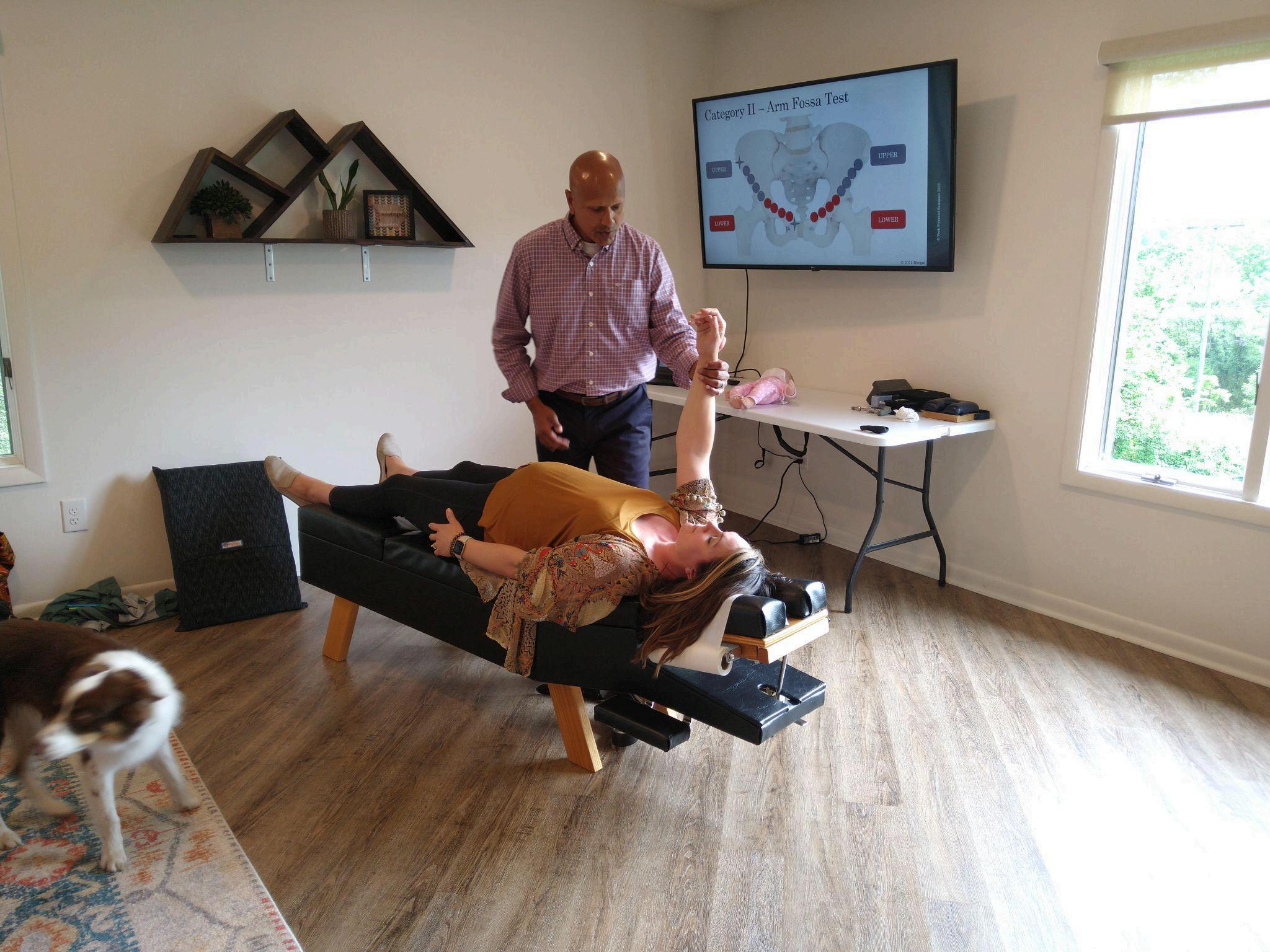Understanding Stress Physiology: How the Body Responds to Pressure by Ramneek Bhogal Georgia
Published on: 07/02/2025

Stress is a natural part of life, but its effects on the body can be profound Understanding the physiology of stress can help you better manage its impact. When you face a stressful situation, your body activates the “fight or flight” response, a physiological reaction designed to help you survive in the face of danger This response involves several key systems working together to prepare you for action, as Ramneek Bhogal Georgia described
At the core of stress physiology is the release of stress hormones, particularly cortisol and adrenaline These hormones trigger a cascade of changes in the body Your heart rate increases, blood vessels constrict, and your respiratory rate speeds up, all aimed at supplying more oxygen and nutrients to your muscles for a quick response The body
prioritizes immediate survival over non-essential functions, which is why digestion and immune response may slow down in moments of intense stress.
While the acute stress response is helpful in short bursts, chronic stress can have adverse long-term effects Prolonged activation of the stress response, such as from ongoing work pressure, financial worries, or emotional strain, can lead to health issues like high blood pressure, digestive problems, and weakened immune function Over time, this constant state of heightened alertness can contribute to conditions like anxiety, depression, and cardiovascular disease
One of the most powerful tools in managing stress is understanding how to activate the body’s relaxation response Practices such as deep breathing, meditation, and physical exercise help reduce cortisol levels in the body, calming the nervous system and restoring the body to a state of balance.
By recognizing how stress impacts your body, you can take proactive steps to manage it more effectively. Whether through lifestyle changes or stress-reducing techniques, understanding the physiology of stress is a vital step toward maintaining overall health and well-being
